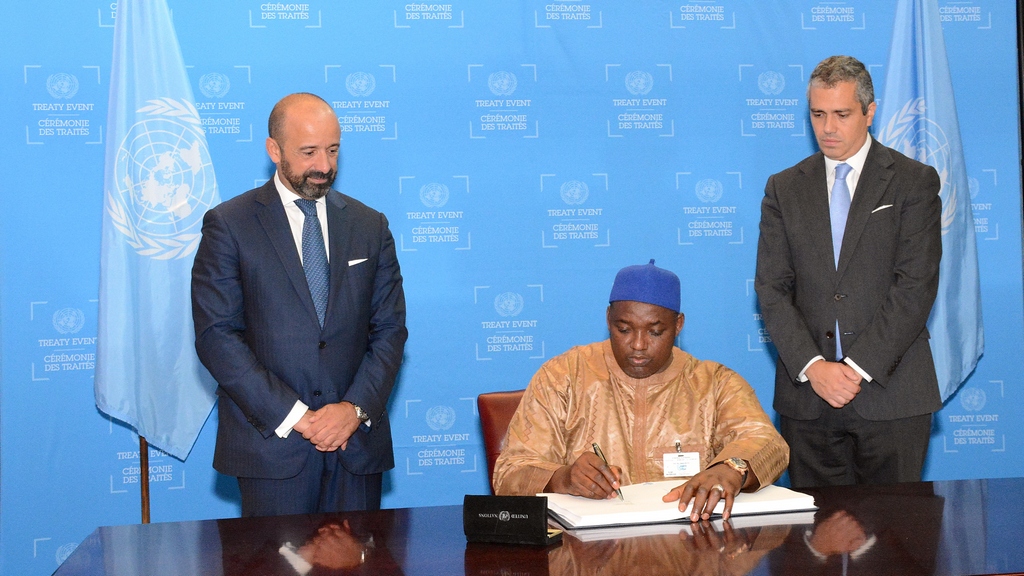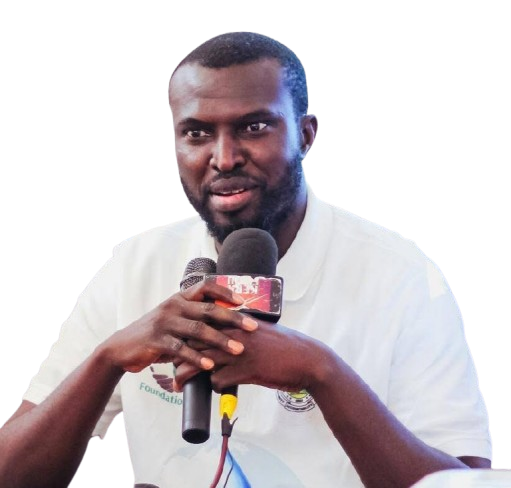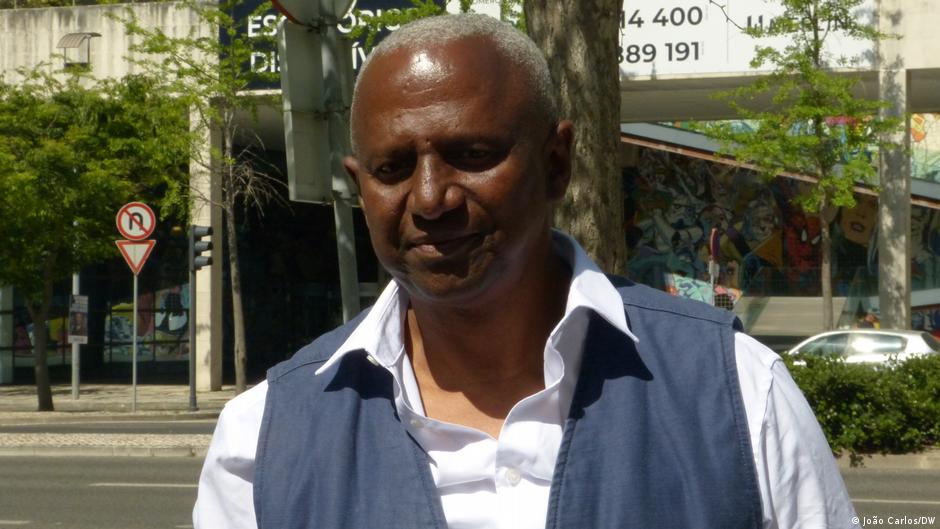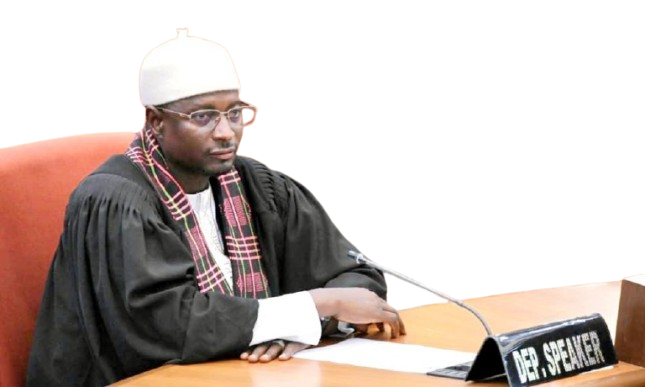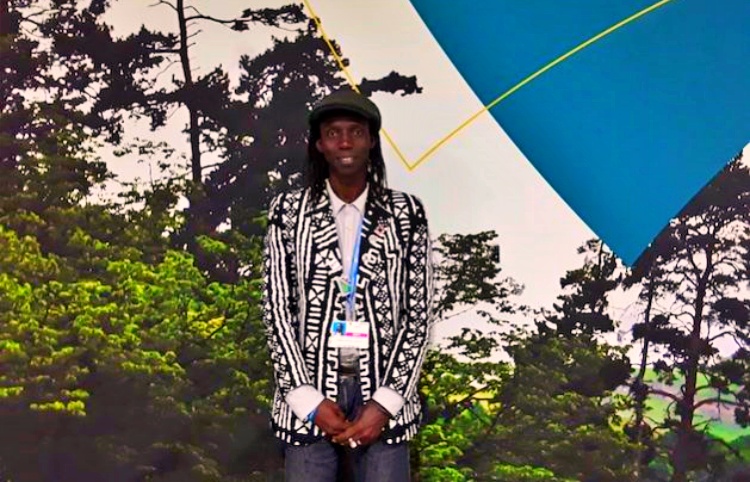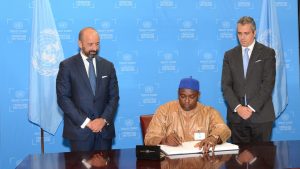Gambiaj.com – (BAKU, Azerbaijan) – The Gambia’s lead negotiator, Malang Sambou Manneh, is at the forefront of advocating for a decisive climate agenda at COP29 in Baku. Dubbed the “Climate Finance COP,” the conference is grappling with contentious negotiations over mitigation, fossil fuel transitions, and renewable energy commitments. For Africa and its vulnerable nations, the stakes could not be higher.
Sambou, a veteran negotiator since the landmark Paris Agreement, describes COP29 as a critical juncture for global climate action. He highlights the urgent need for high-level political commitments to mitigation, particularly from developed nations, to meet Africa’s immediate expectations.
“Mitigation is not a burden for us; it is an action we must all partake in,” Sambou said. “Africa is 58 years behind in terms of development. Aligning our practices and lifestyles with the climate agenda is a chance to leap forward sustainably, rather than repeating the mistakes of others.”
Africa’s Unified Push Amidst Contentious Debates
The negotiations in Baku follow months of preparatory discussions at the Subsidiary Body for Implementation (SB60) in Bonn, where consensus on critical issues such as mitigation remained elusive. Sambou laments that some parties at COP29 have reverted to Rule 16—failing to reach agreements, which he views as a disservice to the most climate-vulnerable nations.
“Developing countries have shown a lukewarm approach to mitigation, seeing it as a threat to their systems and lifestyles,” Sambou said. However, he argues that mitigation offers an opportunity to embrace responsible consumption and production aligned with the Sustainable Development Goals (SDGs).
The Gambia, a nation with minimal fossil fuel reliance, has positioned itself as a leader in the push for renewable energy. Sambou emphasized that while transitioning to renewables is a tough choice for fossil fuel-dependent nations, Africa cannot afford to delay. “Tripling renewable energy deployment in Africa is vital for the continent’s survival,” he said.
Sambou’s perspective is deeply rooted in his experience with community-driven solutions to climate change. A decade ago, he founded Fandema (“Help Yourself”), a technical and vocational education school empowering Gambian women in renewable energy technologies. The initiative, which enrolls 100 women annually, has not only created independent power producers but also showcased the potential of localized, sustainable development.
“Working with communities has given me insights into how to navigate barriers caused by climate change,” he said. “This knowledge shapes my approach to negotiations, ensuring that Africa’s voice reflects the realities on the ground.”
Africa’s Expectations from COP29
Sambou and the African Group of Negotiators have remained steadfast in their demands for:
- High-Level Commitments on Mitigation: Clear political messages are needed to accelerate action and secure ambitious outcomes.
- Tripling Renewable Energy Investments: A robust push for renewable energy across Africa to mitigate the continent’s reliance on fossil fuels.
- Climate Finance and Accountability: Fulfillment of financial pledges by developed nations to support adaptation and mitigation efforts in vulnerable countries.
- Transparent Emission Reductions: Substantial and measurable reductions in greenhouse gas emissions to prevent catastrophic impacts.
For Sambou, the urgency is undeniable. “Developed nations must pay the cost of climate change,” he stressed. “We are not contaminated yet, but we can control how things move forward and save the planet.”
As COP29 continues, The Gambia’s negotiators are proving instrumental in amplifying Africa’s voice. Their efforts are pushing for meaningful outcomes that align with the continent’s developmental aspirations while safeguarding its future against the ravages of climate change.
The message from Baku is clear: Africa’s expectations cannot be postponed. The time for action is now.




